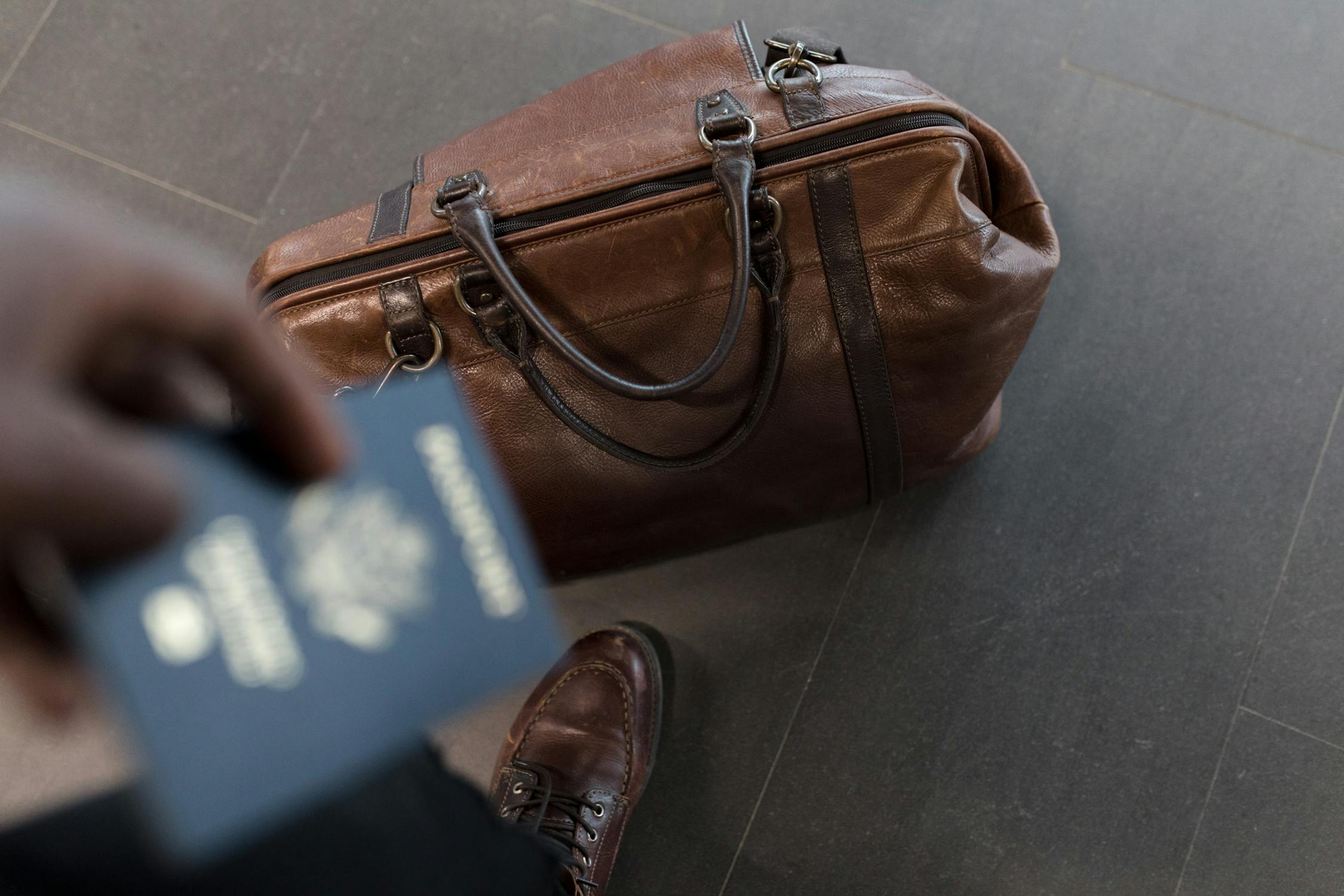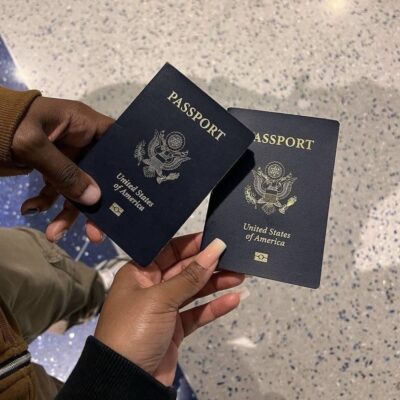Job interviews can be nerve-wracking, but preparation is key to building confidence and making a great impression. Understanding the questions typically asked by Canadian employers can help you articulate your skills, experiences, and career aspirations effectively.
This guide will walk you through the most common interview questions, how to answer them, and some tips to stand out in Canada’s competitive job market.
Results
#1. What is your current employment status?
#2. Which field are you looking for a job in?
#3. How many years of experience do you have in your field?
#4. Do you have a valid work permit or visa for Canada?
#5. Are you willing to relocate to any province in Canada?
#6. What is your highest level of education?
Common Job Interview Questions in Canada
1. Tell me about yourself.
This classic opening question sets the tone for the interview. Employers in Canada use it to gauge your confidence and communication skills.
How to Answer:
Provide a brief overview of your professional background, relevant skills, and achievements. Tailor your response to the specific role you’re applying for. For instance:
“I have five years of experience in digital marketing, specializing in SEO and content creation. In my last role, I successfully increased organic traffic by 40% in one year, and I’m passionate about creating strategies that drive results.”
2. What do you know about our company?
Employers want to see if you’ve done your homework. This question assesses your interest in the company and its culture.
How to Answer:
Mention the company’s mission, recent achievements, or industry reputation. Show enthusiasm by linking your career goals to the company’s objectives.
“I know your company values sustainability and innovation. I admire your recent project on renewable energy solutions, and I’m excited about the opportunity to contribute to such impactful work.”
3. Why do you want to work here?
This question helps employers understand your motivation for applying.
How to Answer:
Connect your skills and values with the company’s mission. Highlight how the role aligns with your career aspirations.
Submit Your Applications
“I’m drawn to your organization’s focus on employee development. I believe my expertise in project management can help achieve your goals while I grow professionally in a collaborative environment.”
4. What are your greatest strengths?
This question allows you to showcase qualities that make you an ideal candidate.
How to Answer:
Select strengths relevant to the position. Use examples to demonstrate how these traits have benefited previous employers.
“My greatest strength is my ability to adapt to change. In my last role, I managed a team during a company restructure, ensuring smooth operations and meeting all project deadlines.”
5. What is your biggest weakness?
A tricky question, but employers want honesty and a willingness to improve.
How to Answer:
Mention a minor weakness and how you’re working to address it. Avoid clichés like “I’m a perfectionist.”
“I sometimes struggle with delegating tasks, but I’ve been working on it by assigning responsibilities more strategically and building trust in my team.”
6. Tell me about a time you faced a challenge at work and how you handled it.
This situational question evaluates problem-solving skills and resilience.
How to Answer:
Use the STAR method (Situation, Task, Action, Result):
“In my previous role, we faced a sudden drop in customer satisfaction scores (Situation). I led a team to identify the root cause, which was delayed responses (Task). We implemented a new ticketing system and trained staff on efficient communication (Action). Customer satisfaction increased by 20% within two months (Result).”
7. Where do you see yourself in five years?
Employers assess your career goals and commitment to growth within the company.
How to Answer:
Demonstrate ambition while aligning your goals with the company’s future.
“In five years, I see myself in a leadership role within your organization, driving projects that contribute to the company’s success while mentoring new team members.”
8. Why are you leaving your current job?
This question gauges your attitude toward previous employers and your reasons for change.
How to Answer:
Be honest but diplomatic. Focus on positive reasons, such as seeking growth opportunities. Avoid speaking negatively about your current employer.
“I’ve learned a lot in my current role, but I’m looking for new challenges that align with my career goals and personal growth.”
9. What are your salary expectations?
This question can be tricky, as you don’t want to price yourself out of the role or undervalue your skills.
How to Answer:
Research industry standards and provide a range. Be open to negotiation.
“Based on my experience and market research, I believe a range of $60,000 to $70,000 is appropriate for this role. I’m open to discussing this further.”
10. Do you have any questions for us?
Always prepare questions for the interviewer. It shows interest and engagement.
Examples:
- What does success look like in this role?
- Can you tell me more about the team I’d be working with?
- What are the company’s plans for growth over the next five years?
Tips for Answering Job Interview Questions in Canada
- Research the Company: Familiarize yourself with its mission, values, and recent projects.
- Practice Cultural Sensitivity: Understand workplace etiquette and norms in Canada.
- Be Concise and Professional: Avoid rambling; stay focused on the question.
- Show Enthusiasm: Employers appreciate candidates who are genuinely interested in the role.
FAQs on Canadian Job Interviews
What should I bring to a Canadian job interview?
Bring multiple copies of your résumé, a list of references, a notebook, and a pen. If requested, include portfolios or work samples relevant to the role.
How should I dress for a job interview in Canada?
Opt for business professional attire unless the company specifies otherwise. Research the company’s culture for guidance.
What is the typical duration of a job interview in Canada?
Interviews usually last between 30 minutes and an hour. For higher-level positions, expect longer sessions or multiple rounds.
How should I follow up after an interview?
Send a thank-you email within 24 hours, expressing gratitude and reiterating your interest in the role.
Are video interviews common in Canada?
Yes, especially for remote roles or initial screening. Ensure you have a reliable internet connection and a professional background.
Before You Go
Preparing for a job interview in Canada involves understanding the common questions employers ask and crafting thughtful, personalized responses. Highlighting your skills, aligning them with to the company’s needs, and maintaining a professional demeanor can significantly increase your chances of success.
Remember, every interview is an opportunity to learn and improve. By researching, practicing, and staying confident, you’ll be well on your way to landing your dream job in Canada.






I’m optimistic that I will do very well in any interview I might be asked to undertake
I’m driver with original license 🪪 and building line work carpenter decor in Saudi Arabia country dear I’m interested for job